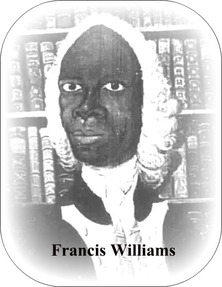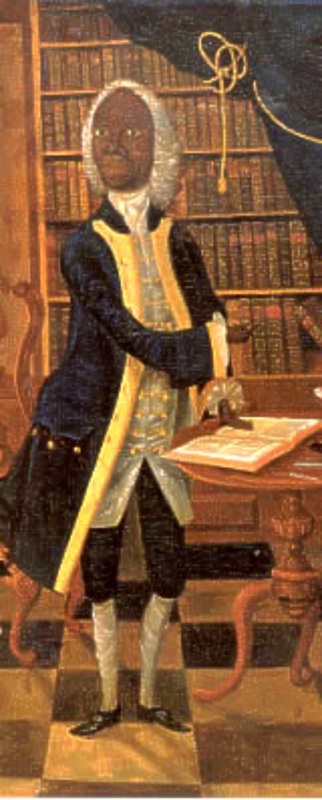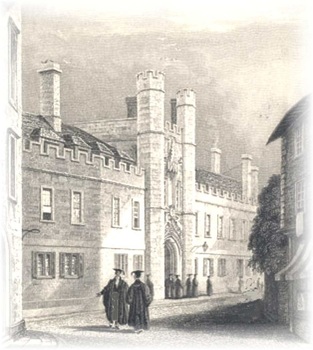Francis Williams
1702 -
|
|
About 1716, the Duke of Montague, then Governor of the Island, proposed an experiment to solve the problem, much discussed in Jamaica and elsewhere, as to whether a Black man could equal a White man if given the same education and opportunity. He chose Francis Williams because of the promise he showed, and sent him to England, where he studied at first at a grammar school, and afterwards entered the University of Cambridge, where he made considerable progress in mathematics and other branches of science. He also excelled in the study of the classics, an essential part of the education of an 18th century gentleman. As a result he wrote a considerable quantity of Latin poetry in the accepted style of the period and often addressed to Governors of Jamaica. |




